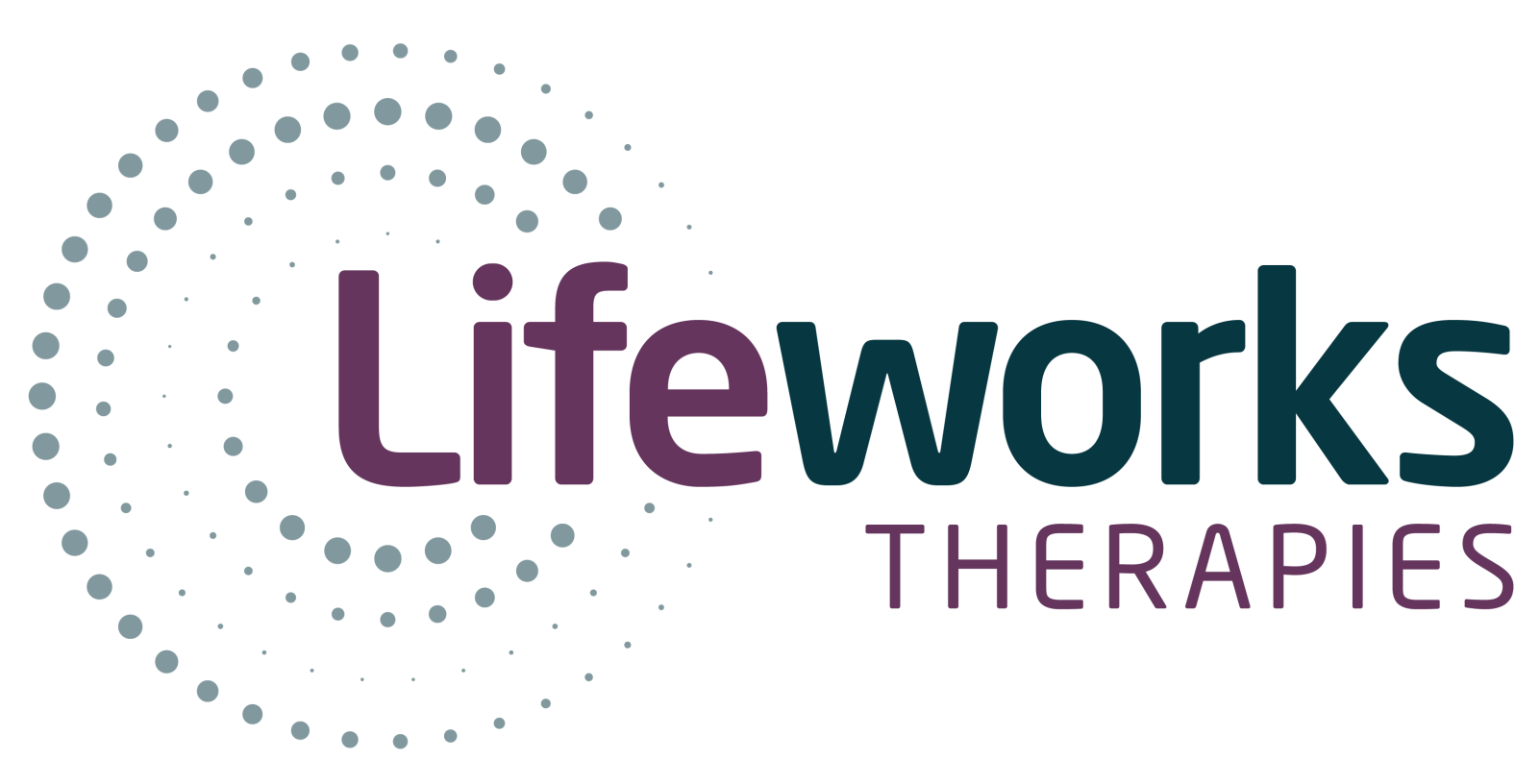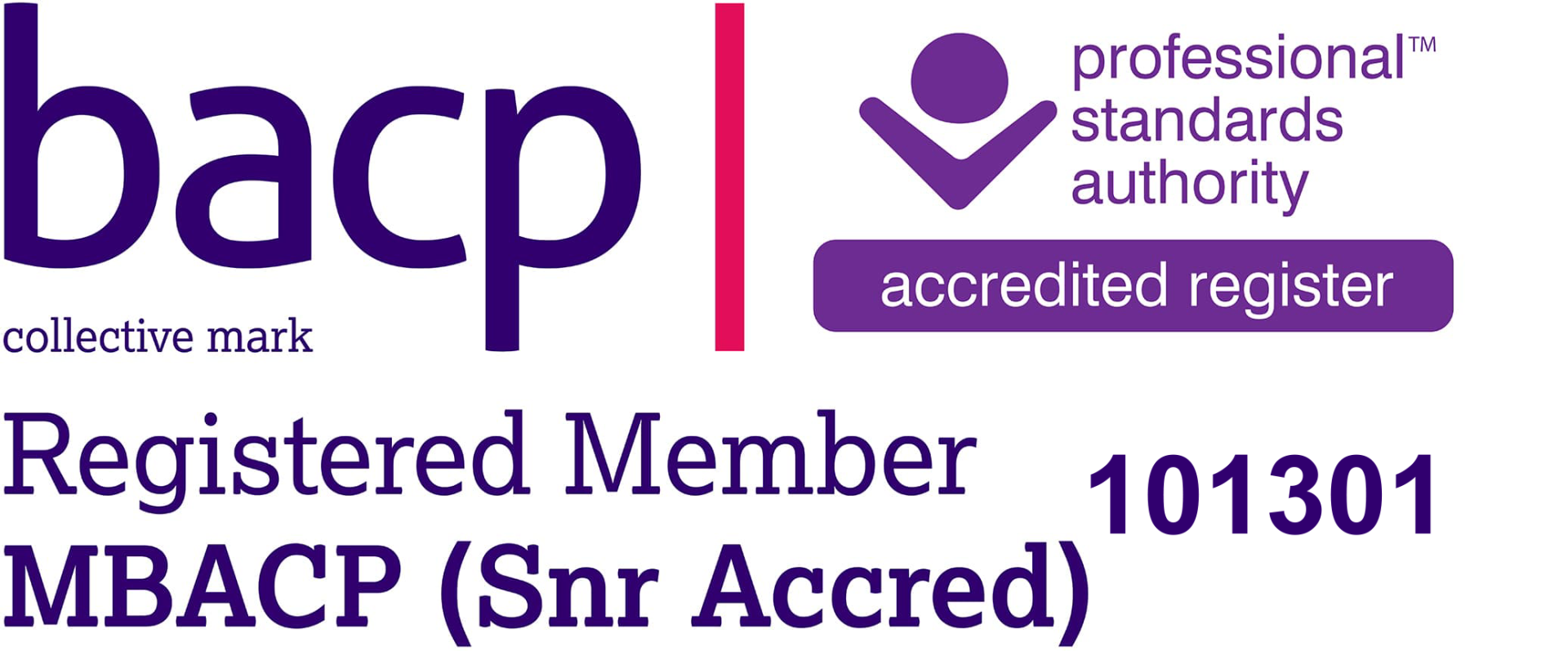
Specialist support for the impact of trauma
Understanding Trauma
Trauma is the emotional and physical response to experiences that overwhelm your ability to cope. It may result from a single event, ongoing stress, or a series of difficult experiences over time.
Trauma is not just about what happened — it’s also about how it continues to affect you now.

Examples of potentially traumatic experiences include
- Accidents, sudden injuries or medical procedures
- Abuse (physical, emotional, financial, organisational or sexual)
- Neglect, abandonment or emotional deprivation
- Loss or bereavement
- Bullying, harassment or ongoing discrimination
- Chronic illness or medical trauma
- Witnessing violence, war, or natural disaster
Everyone responds to trauma differently. What feels manageable for one person may feel overwhelming for another.
Common trauma responses
- Re-experiencing: Intrusive memories, flashbacks, nightmares, or physical sensations that bring the event back.
- Avoidance: avoiding reminders of the event, shutting down emotionally, withdrawing from social circles, family, places or situations, difficulty recalling or discussing what happened.
- Changes in thinking and mood: feelings of guilt, shame, or self blame, feeling detached from others, negative beliefs about yourself or seeing the world as a dangerous place.
- Changes in arousal and reactivity: being easily startled, angry or upset, irritability, difficulty concentrating or sleeping, physical symptoms such as sweating, shaking, or feeling on edge, watchful and searching for signs of danger.

How Trauma Therapy Can Help
I work from a trauma-informed perspective that recognises both the impact of trauma and the capacity for healing. My practice is guided by the three-phased model of trauma therapy: an evidence based framework for safe recovery.
Safety and Stabilisation
Building trust and creating a secure therapeutic relationship
Developing grounding and coping strategies
Reducing overwhelming symptoms such as flashbacks so
daily life feels more manageable
Processing the Trauma
Gently working with memories, thoughts, and emotions connected to your experiences
Using trauma-focused CBT and the REWIND technique to reduce distress and reframe beliefs. Supporting emotional release in a safe contained way
Integration and Growth
Reconnecting with relationships, interests, and values
Building a stronger sense of self, identity, and possibility for the future
Moving towards living beyond the trauma, rather than being defined by it
Taking the Next Step
Seeking help for trauma can feel daunting, but healing is possible. Therapy offers a safe, consistent space to explore what happened, reduce its ongoing impact, and rebuild your sense of safety and hope.




